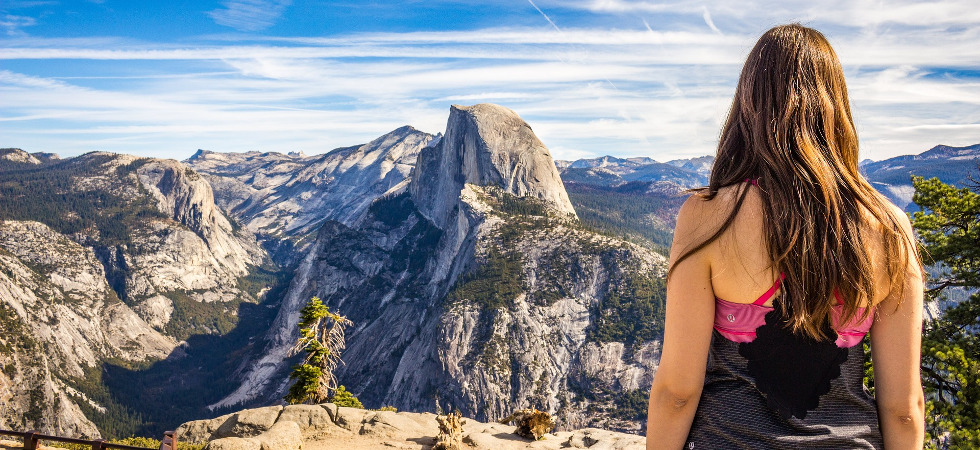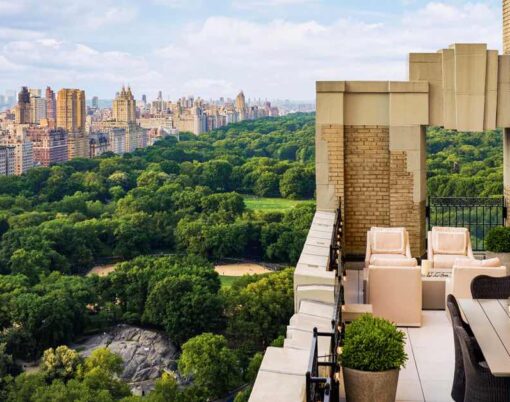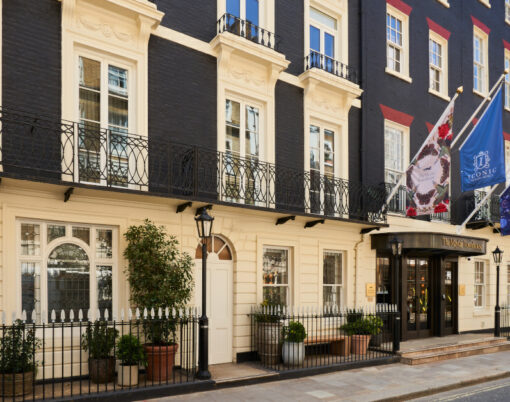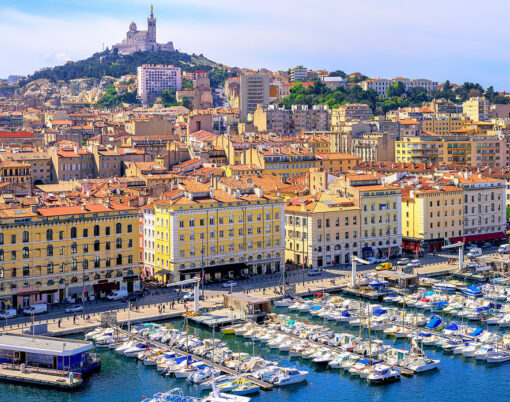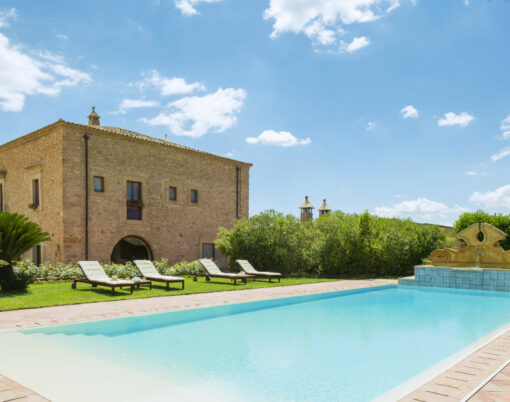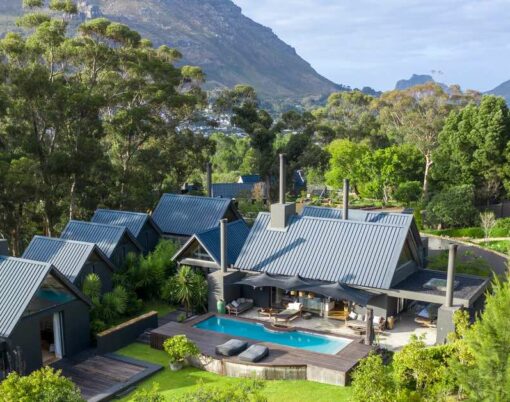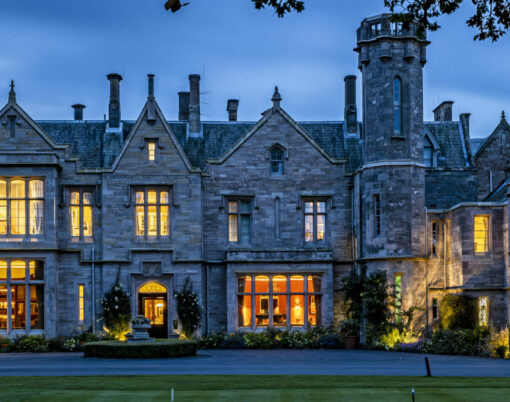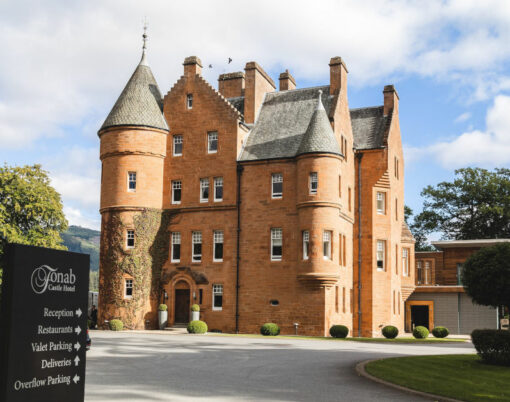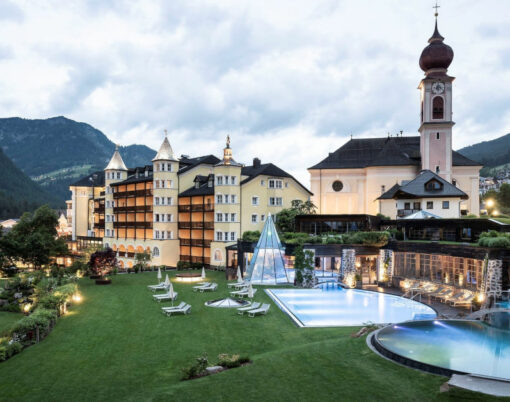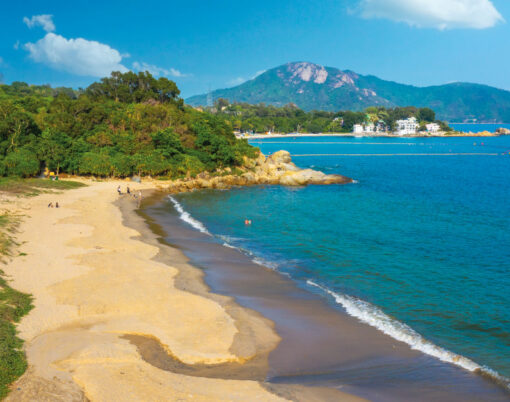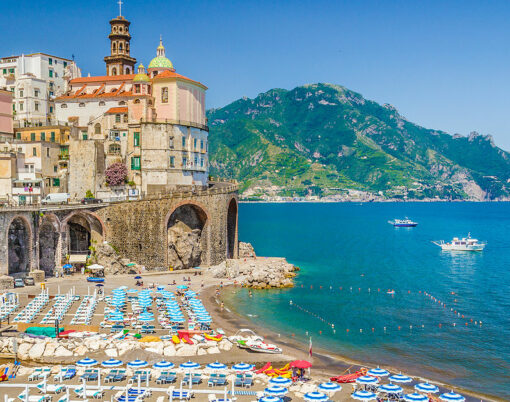The luxury travel market is growing and diversifying, with an increasing focus on experiential experiences, according to GlobalData, a leading data and analytics company.
The company’s latest report: ‘Tapping into the Luxury Travel Market’ reveals that upscale tourism is gradually changing, with travellers shifting from opulence to exclusive experiences. The global number of guests staying in luxury hotels increased from 186.3 million in 2009 to 306.3 million in 2017 and is expected to reach 394.6 million in 2021.
Konstantina Boutsioukou, Associate Travel and Tourism Analyst at GlobalData, said: “Whereas luxury travel was once associated with first-class transportation, five star accommodation, and Michelin starred restaurants, changing consumer perceptions and priorities are redefining the concept of luxury in travel; a high appreciation of different cultures and a prioritization of experiences over ownership of goods have resulted in travellers seeking deeper travel experiences.”
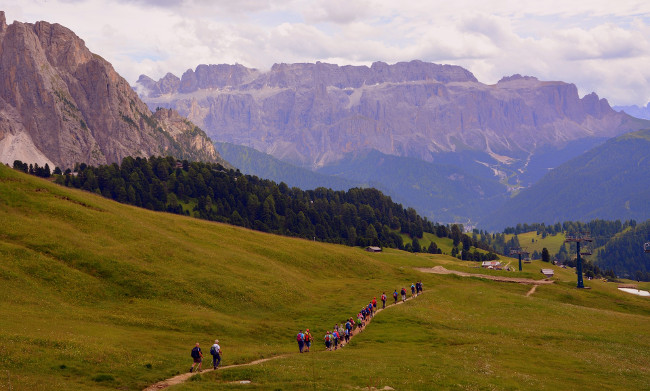
According to the company, as the concept of luxury tourism is changing, so is the target audience for these holidays.
Boutsioukou continued: “Luxury trips are no longer the preserve of upper middle class, high-net-worth individuals (HNWI), and ultra-high-net-worth individuals (UNHWI) as the choice and affordability of these holidays improves.”
Millennials are not among the wealthiest generations and hence in its traditional form would not be considered a target demographic for luxury tourism. However, the concept of ‘luxury’ is interpreted differently by different consumer groups. Whereas millennials may not be willing to spend much on upscale accommodation, they may be willing to trade up on exclusive activities characterized by a more experiential element.
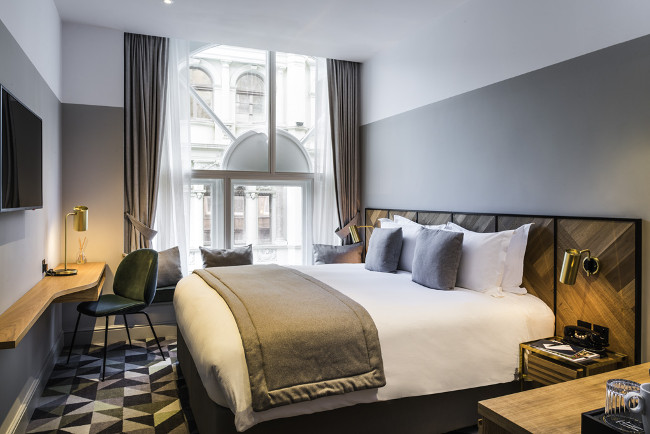
Boutsioukou explained: “We have identified four key types of luxury travellers; ‘bleisure’, ‘time is money’, ‘special occasion’ and ‘ultra luxury’. Whereas the first three categories attract interest from across the generations, particularly millennial consumers, the ultra luxury category tends to be dominated by HNWI and UHNWI male baby boomers. However, the number of ‘ultra luxury’ female and millennial travellers continues to grow, representing a good opportunity for market growth.”
According to GlobalData, emerging nations in Asia dominate the top 10 countries share of female HNWIs, due to their rapid rise in the region over the past decade. This cohort is particularly interested in traveling, presenting an excellent opportunity for travel operators especially in health and wellness tourism.
Affluent millennials are particularly interested in sports and adventure tourism, but also in wellness retreats that allow them to relax, detach and recharge from their hectic lifestyle.
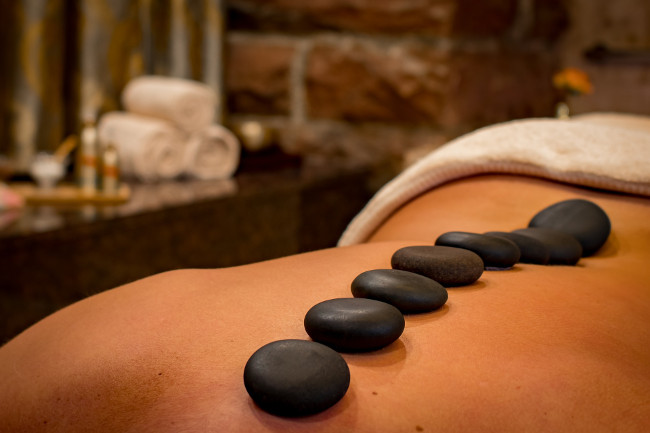
Key trends in the luxury travel market in 2018 can be characterised by ‘the quest for authenticity’, with a growing interest in adventure travel, health and wellness retreats, responsible travel and multi-generational travel.
Boutsioukou adds: “These trends highlight the shift from a luxury goods style of travel offer to more of a travel experience. Travel businesses must capitalize on this trend by focusing their offer on attracting one or more type of luxury traveller.”












